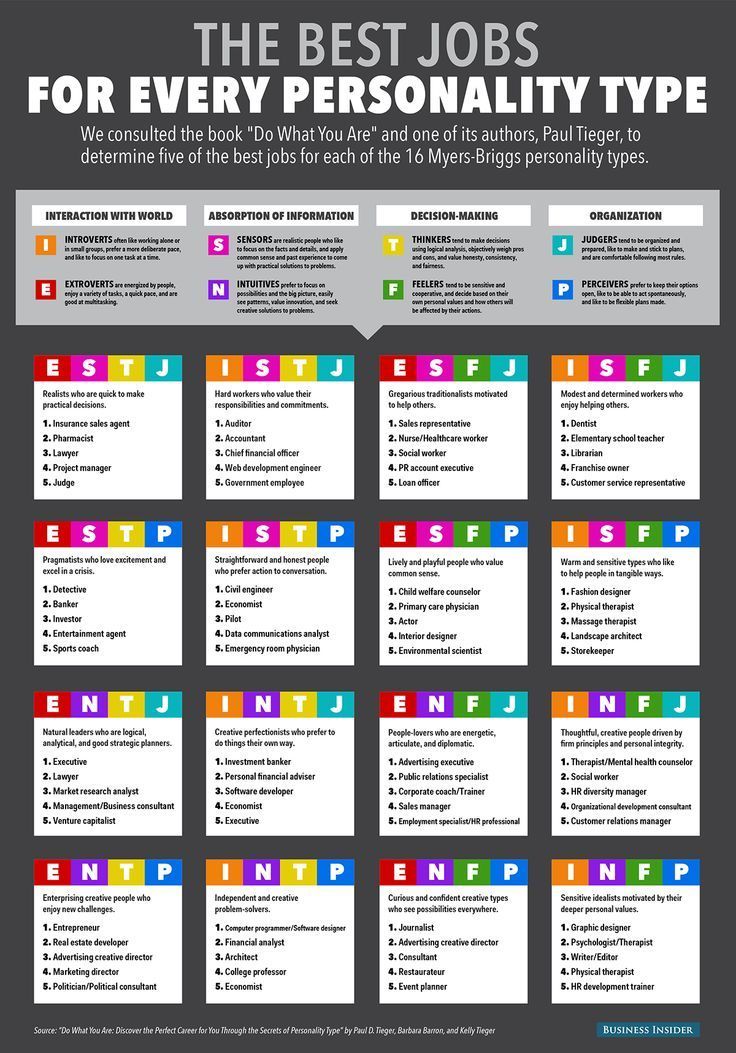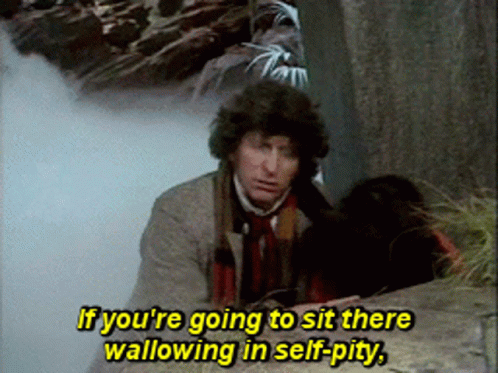How to build emotional intimacy in marriage
How to build emotional intimacy with your partner — starting tonight
When we discuss intimacy in a romantic partnership, what usually comes to mind are physical acts, such as holding hands, cuddling, kissing and even sex. While physical intimacy is integral in any romantic partnership — it’s one of the primary factors that sets it apart from any other type of relationship — fostering emotional intimacy is just as, if not more, important.
What is emotional intimacy and why does it matter?
“Emotional intimacy could be defined as allowing yourself to connect more deeply with your partner through actions that express feelings, vulnerabilities and trust,” says Sanam Hafeez, a neuropsychologist in New York City and faculty member in Columbia University’s clinical psychology Ph.D. program. “Part of a relationship is sharing your secrets, talking about your relationship, and telling your partner important news. A couple is generally happier when both parties can share and understand each other’s feelings.
”
Ultimately, emotional intimacy creates a deep sense of security within your relationship and an ability to be wholly yourself — warts and all — without feeling as if you risk the relationship itself. Without this intimacy, a relationship struggles in many ways. For example, you might feel bitter or resentful, experience hypersensitivity, have fears regarding your partner’s loyalty to you, or experience feelings of isolation or loneliness.
It's not sustainable long-term to have a romantic relationship without emotional intimacy.
“If emotional intimacy is lacking, [one or both of you] may feel a lack of safety, love, support, overall connection, and it also will most likely affect the physical intimacy in a romantic relationship. It's not sustainable long-term to have a romantic relationship without emotional intimacy,” says Rachel Wright, a marriage counselor and licensed psychotherapist. “If you think about emotional intimacy as the foundation of any relationship, it really becomes a no-brainer to invest your resources (time, money and energy) into building it and continuing to nurture it. ”
”
4 immediate ways to improve emotional intimacy
Fostering emotional intimacy is an ongoing practice and, like many things, may take some time to master. However, there are a few things you can do — starting tonight — to improve the emotional connection you have with your partner.
Be strategically vulnerable to earn their trust
Even if we’ve spent an enormous amount of time with someone, it’s sometimes difficult to break down our personal walls. Though you cannot force another to become vulnerable, you can go out of your way to be vulnerable yourself.
“The practice of strategic vulnerability is critically important. Instead of trying to be vulnerable in every area of your life, pick one place to start,” says Paul Hokemeyer, a psychotherapist and author of “Fragile Power: Why Having Everything Is Never Enough”. This might translate to sharing something that happened at work you might not have otherwise discussed, expressing a feeling you’ve had in the past that’s been hard to share, or revealing a fact about yourself that you’ve been holding onto.
Give your partner daily affirmations and compliments
Whether you’re six months into a relationship or 60 years deep, it’s easy to take our partner’s positive attributes for granted and sometimes difficult to express how much we cherish them.
“Making a habit of giving specific compliments and affirmations to your partner can help you keep perspective as to why this person is special to you, and it can help them know you see them. You never want your partner to feel invisible because you forgot to share your appreciation,” says Hafeez.
These verbal affirmations can be as simple as saying, “I want you to know how deeply I love you” or “I really appreciate the time you’ve taken to do x, y or z.”
Prioritize sexual satisfaction
A study published in the Journal of Sex and Marital Therapy found that couples reported having a greater emotional connection when they were sexually satisfied. In that sense, the two are inextricably linked. While having sex itself isn’t a cure-all for improving your emotional bond, taking the time to learn and explore your partner’s desires — and having the same reciprocated — can lead to greater feelings of emotional connection in and out of the bedroom, says Hafeez.
Make an effort to break out of your day-to-day routine
With how busy life gets, it’s easy to hit a comfort zone plateau in which we move past each other simply trying to scratch items off our to-do lists. This is in stark contrast to the beginning of a relationship, when everything we do seems new and exciting, and when we go above and beyond.
“This can mean that we have lost sight of the value of doing things for each other that generate joy or intimacy in the other person. We stop trying to impress, we stop trying to understand, and in such environments, vulnerability and feelings can get lost to the routine of the everyday,” says Hafeez. “It is incredibly important that we make time for each other in a more profound way than just dinner or bedtime together.”
Garner inspiration from those early courting days in a relationship. Maybe you plan a spontaneous beginners square dancing date night, you decide to go for ice cream and a stroll, you show up with “just because” flowers, or you sit down together and plan a weekend getaway.
More relationship advice
- How the '5-5-5 method' helps this married couple work through conflict
- Relationship in a slump? Here's what to say to your partner
- What to do after a fight with your partner, according to a relationship coach
- What is maintenance sex? It may help strengthen your marriage
- How redesigning our master bedroom gave my marriage a boost
Want more tips like these? NBC News BETTER is obsessed with finding easier, healthier and smarter ways to live. Sign up for our newsletter and follow us on Facebook, Twitter and Instagram.
How to Build Emotional Intimacy in your Relationship: 6 Tips
Emotional intimacy is so very important for our individual wellbeing as well as the health of our relationship. Stressors, change, schedules, physical distance, mental preoccupation, the ebb and flow of life … so many things can lead to our waking up one morning and feeling distant from our intimate other.
If we think of intimacy as a degree of special connection, we realize that even “good” things happening in our lives can lead to decreased intimacy. After all, often “good” changes or personal achievements also include deep investments in activities that don’t necessarily include our partners. Examples include a promotion at work or helping a friend through a tough time.
After all, often “good” changes or personal achievements also include deep investments in activities that don’t necessarily include our partners. Examples include a promotion at work or helping a friend through a tough time.
If you have the feeling that you and your partner could use an intimacy boost, here are six great ideas for revving up a connection that needs renewal or is just due for some TLC.
1. Make time to do something meaningful to both of you, together
Sure, date night is important. But if it’s a ritualistic event in which you go out and sit across from each other in a booth checking email on your phone or discussing the latest outrageous thing your 13-year-old tried to get away with at school, you’re not deepening your connection.
Connection-deepening activities are ones that get you focused on each other as people — and on your relationship. Take a scenic drive to get an ice cream, clean the tub together, or take a cooking class. Hashing out the usual stressors in a nicer setting like a restaurant isn’t any better than hashing out the stressors over the kitchen table, when it comes to building intimacy.
Hashing out the usual stressors in a nicer setting like a restaurant isn’t any better than hashing out the stressors over the kitchen table, when it comes to building intimacy.
2. Be curious
Often, because we become invested in the rightness or correctness of our opinions, we stop being curious about why the other person feels the way they do about a given issues. Appreciating the why of where your intimate partner is coming from — without feeling threatened that their why might trump yours — is a powerful means of building empathy (without giving up your own opinion) and empathy is deeply intimate. Making the effort to understand another person doesn’t commit you to agreeing with them; it does however demonstrate a deep degree of caring even in the context of a disagreement.
3. Be available in a new or different way
To instantly inject intimacy into your relationship, make the decision to be available to your partner in a way you usually are not. Not because you should or because you “owe” it to them, but because you can. Surprise them by agreeing to take care of a chore you usually protest/avoid; offer to accompany them on something you usually take a pass on; or surprise them with something they care about … making a favorite meal or watching that movie they love and you can’t stand while you cuddle. Surprise generosity is a huge intimacy booster.
Not because you should or because you “owe” it to them, but because you can. Surprise them by agreeing to take care of a chore you usually protest/avoid; offer to accompany them on something you usually take a pass on; or surprise them with something they care about … making a favorite meal or watching that movie they love and you can’t stand while you cuddle. Surprise generosity is a huge intimacy booster.
4. Make a “Nice” list
It’s easy to get focused on each other’s flaws, and there will always be plenty of them. Try sitting down individually or with your partner and creating gratitude or “Nice” lists, detailing as many things as possible that you appreciate and/or enjoy about your partner. Even if you do it on your own, it will help you refocus on points of connection that drew you to them initially and regardless of all the irritations we inevitably face in the course of intimate relationships.
5. Invest in yourself
Many wise thinkers have observed in a number of different ways that two strong individuals together make for a stronger relationship. Investing in yourself, your wellness, and your personal development are an important part of your health as a couple. When you are feeling your best and in touch with how you are thinking and feeling, you can participate more fully, mindfully, and meaningfully.
Investing in yourself, your wellness, and your personal development are an important part of your health as a couple. When you are feeling your best and in touch with how you are thinking and feeling, you can participate more fully, mindfully, and meaningfully.
Spend some quality time with yourself. Have important conversations with friends and family, make sure you are being faithful to your priorities, and keep looking for ways to grow into who you are as an individual.
6. Be brave, not aggressive
Avoidance destroys intimacy. If you and your partner are mutually or individually avoiding a challenging topic that needs to be addressed, you are slowly eating away at your connection. Sometimes important topics have to be tabled for an appropriate time and place, but long-term avoidance is like wind and water on rock — the subtle changes may not be noticeable on a day-to-day basis but one day significant erosion will be evident. The vulnerability required to start a difficult conversation that needs to be had is a significant driver of intimacy.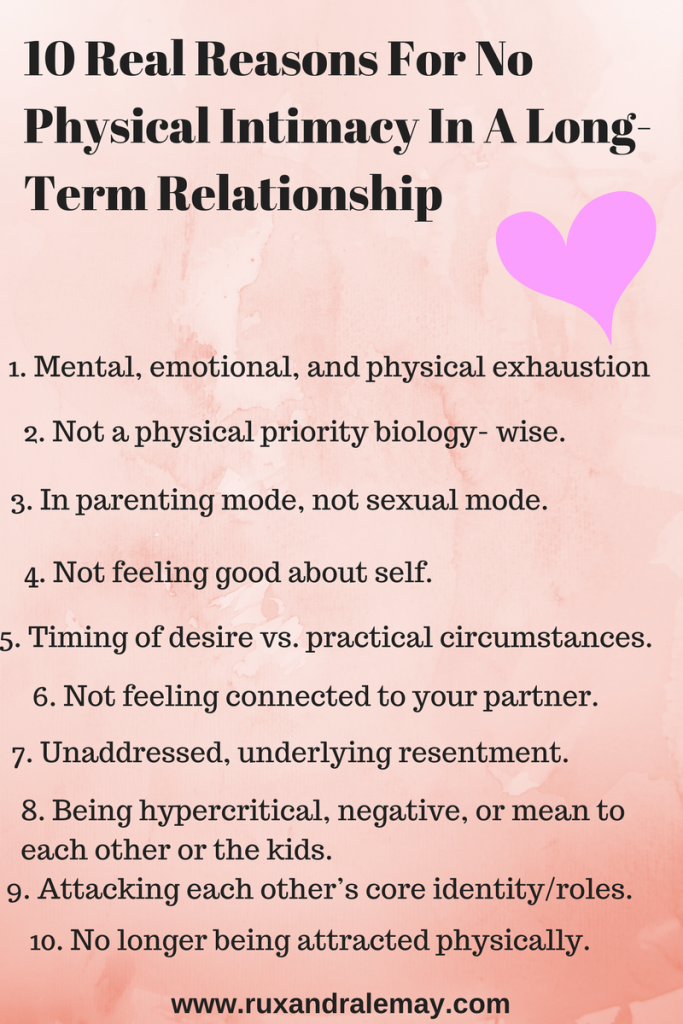 It communicates to your partner that you are more invested in the health of the relationship than avoiding personal discomfort.
It communicates to your partner that you are more invested in the health of the relationship than avoiding personal discomfort.
How to create an atmosphere of emotional intimacy
28,331
Man and woman
We are often asked how to create an environment for intimacy. Usually they mean physical intimacy and ask to help them seduce a partner. Seduction is rather a “conquest”, the achievement of a certain goal. It differs from the experience of intimacy, which usually occurs spontaneously and does not require coercion or manipulation.
If we want to develop an emotional connection, it is important to communicate with a partner openly, with love and without judgment - and to do this always, and not just when we "want something." Nothing is more repulsive than the feeling that they are trying to appease you for selfish purposes. No one likes to be manipulated into saying, "After everything I've done for you."
Even if in the past we have resorted to manipulation, to behave selfishly, we can regain the trust of a loved one.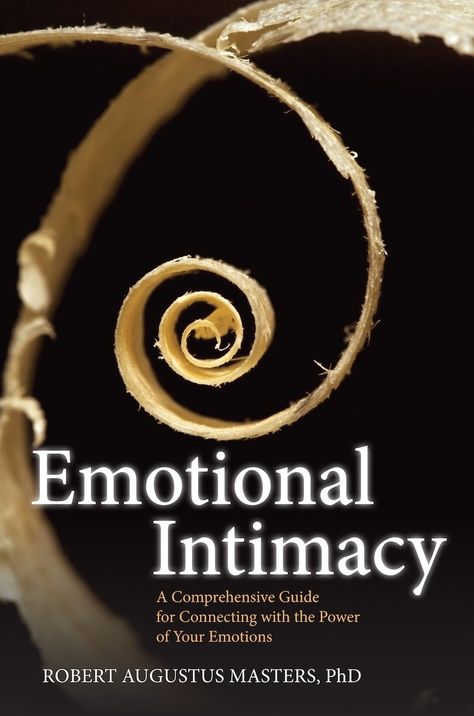 To do this, you need to remember how we behave when we are trying to flatter a partner in order to get something for ourselves in return. Try to start behaving like this all the time, for no reason. Give him attention and care just like that.
To do this, you need to remember how we behave when we are trying to flatter a partner in order to get something for ourselves in return. Try to start behaving like this all the time, for no reason. Give him attention and care just like that.
Usually we don't think about our partner's feelings, it seems to us that we already know what he can think and feel. Not true! Perhaps we know something, but basically we don’t even know what is happening in his soul and what he needs.
Life does not stand still, and we change. Forgetting that the partner is also actively developing as a person, we consider him to be something frozen and unchanged, which means we stop appreciating him at his true worth. And he feels the absence of love. All the gifts of the world cannot compensate for the lack of attention.
It is important that both of you feel that your love is stronger than any discord and conflict
Nothing can be more valuable than the unconditional love and attention of a person who is dear to us. After all, with the help of attention, we allow him to feel valued and adored. At this point, we ourselves begin to understand it better. The more love in our deeds and words, the more intimacy in the relationship.
After all, with the help of attention, we allow him to feel valued and adored. At this point, we ourselves begin to understand it better. The more love in our deeds and words, the more intimacy in the relationship.
If you are ready to give your partner time and attention, not to criticize and condemn, then he, too, will most likely be able to let go of past grievances and open up to you in return. Don't try to convince him to "forget already" about the past - show that you love him regardless of how he feels at the moment.
It is important that both of you feel that your love is stronger than any discord and conflict. When you really love a partner and are sincerely interested in what he feels, what he wants and what he strives for, this cannot but touch.
Such an attitude cannot be imitated. When we do something solely for a selfish purpose, the partner feels false. If we give selflessly, only out of a desire to show love and please a loved one, such a gift from a pure heart will bring joy to both.
A real gift “saturates the soul” of both the giver and the recipient. If we put forward conditions or make claims, this only spoils the gift, and it does not really please anyone. Like delicious, but empty and unhealthy food that gives short-term satisfaction, but does not saturate the body.
About the Authors: Linda and Charlie Bloom are couples therapists, couples therapists, and authors of The Secret to a Successful Marriage.
Text: Nikolay Protsenko Photo credit: Getty Images
New on the site
Quiz: How jealous are you?
“I am in demand as an intelligent conversationalist, but not as a friend. Why is this happening?"
You are a victim of the "dark forest syndrome": 6 symptoms
Selfharm: why people hurt themselves physically and how to help them
“I'm an infantile person”: 3 steps to grow up
“I'm afraid to go crazy because of the attitude of my parents, but they won't let me see a psychologist”
“My man is leaving for his ex. She needs his money”
She needs his money”
“Married and happy – am I the only one?”: how to build and maintain strong relationships
6 tips on how to build emotional intimacy in marriage
Do you often wonder what is emotional intimacy? or what is emotional intimacy in marriage? and how to build emotional intimacy in marriage?
Emotional intimacy has to do with your connection with your partner, it is also associated with feelings of passion and romance. Emotional closeness in marriage creates a sense of closeness between the couple, which in turn leads to feelings of trust, security, and love.
Emotional intimacy acts as a mirror to your spouse's soul and reflects their hopes, dreams, and fears. Emotional intimacy can wax and wane over time; and in every marriage there are phases when the couple lacks a sense of closeness in the marriage.
Lack of emotional intimacy usually precedes loss of trust, poor communication. Lack of emotional intimacy may also be the result of unresolved feelings or conflicts. This may be the result of work or lack of time when other life priorities have taken over, distracting from marriage.
Here are some of the common signs that your marriage is lacking emotional intimacy:
- Feeling disconnected from your partner.
- Lack of emotional transparency
- Your partner does not express himself enough
- Your life becomes less connected or intertwined
- Lack of physical intimacy
- You do not have common hobbies or interests
- Lack of active listening
save and establishing intimacy in marriage . C Restoring intimacy in a marriage, or building emotional intimacy, begins with addressing a lack of emotional intimacy in a marriage.
Once you and your partner have realized that your marriage lacks emotional intimacy, there are many methods for creating emotional intimacy in your marriage.
The importance of emotional intimacy in marriage The importance of this not only for marriage but also for the well-being of a person cannot be overestimated. As explained earlier, in order to know how to build emotional intimacy in your marriage, you first need to understand what causes a lack of emotional intimacy.
In the meantime, here are some ways to give your marriage a much-needed boost of emotional intimacy:
- Tell your truth
surface, it should not be restrained. Instead, it should be transferred as soon as possible, ideally without threat. There are different ways to tell your truth, is described below.
- I ’Declarations
The way in which truths are communicated is as important as the communication itself. Focusing on the self is a hallmark of this philosophy and requires focusing on feelings rather than the person or their behavior.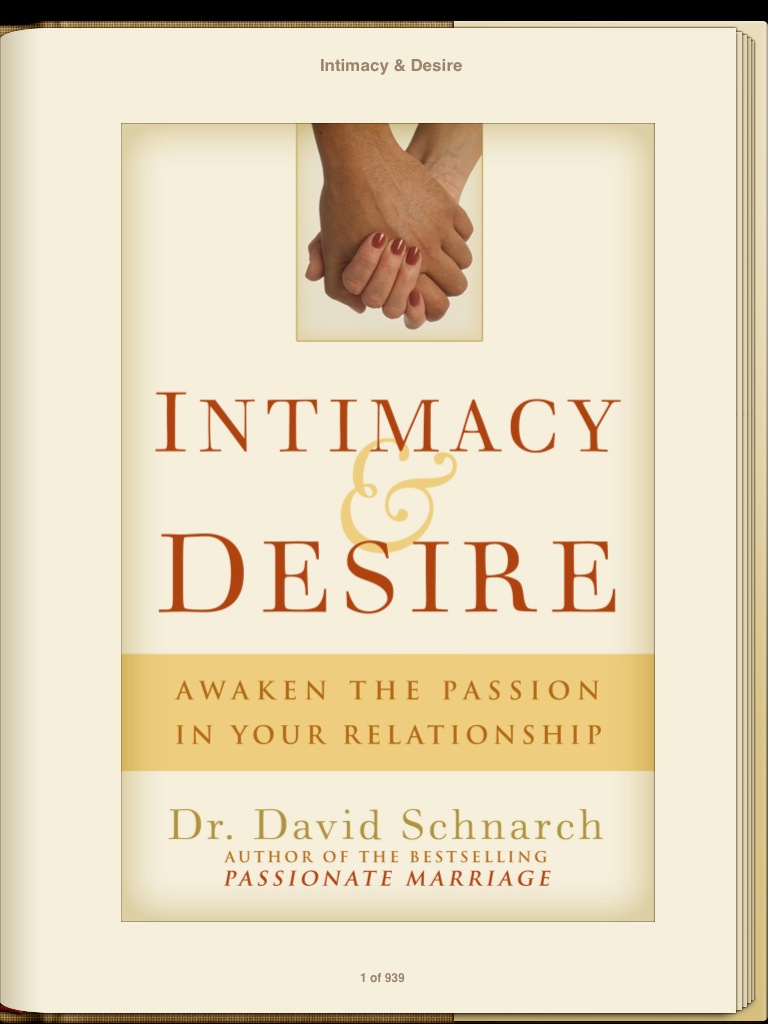
For example, it could be phrased like this: "My truth is that I feel lonely when I spend too much time alone at home." Compare this statement with this one: "My truth is that I feel left out when you spend too much time playing golf."
The last phrase may be more appropriate to start an argument, while the first statement leaves interpretation up to the partner, opens up dialogue for discussion and resolution, and removes blame from the equation.
You can make up your own examples using the above sentences as a template to practice identifying words to replace the "neglected" and "you" parts of a phrase. Practice writing sentences that focus on naming feelings (I feel sad, anxious, embarrassed, embarrassed, angry).
The second part of this practice should include mitigating phrases where the second part of the sentence does not identify the person or their behavior as the focus and avoids "you."
- Let go
We usually socialize to avoid confrontation by keeping our thoughts and opinions to ourselves. Some people are relieved to take an honest approach to situations where they speak their mind based on their experience and what they think is right.
Some people are relieved to take an honest approach to situations where they speak their mind based on their experience and what they think is right.
An example of this would be a statement such as: "I'm afraid you'll get angry and yell at me when I express my concerns about our finances."
Although this is a "you" statement, this approach can build confidence and assertiveness in people who have held onto their feelings in the past or who have relationship problems based on an inability to identify and express their opinions.
- Focus on being real, not being right
When we speak the truth, it is much more important to express our thoughts truthfully than to focus on being right. Opinions are opinions, and they vary from person to person.
- Mindfulness and Management
When telling the truth, you also need to be empathetic and be aware of how the other person may be feeling or reacting.


